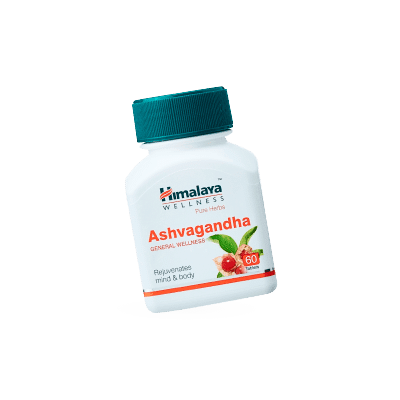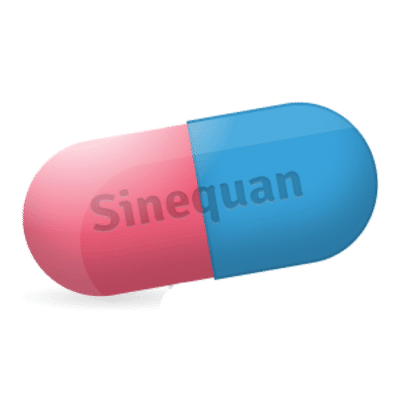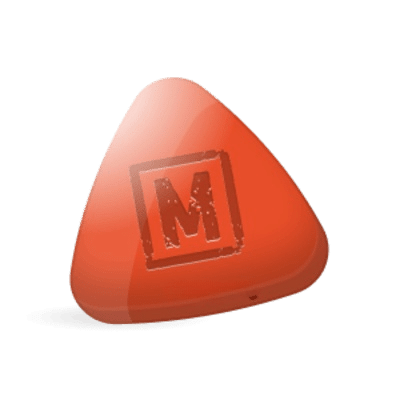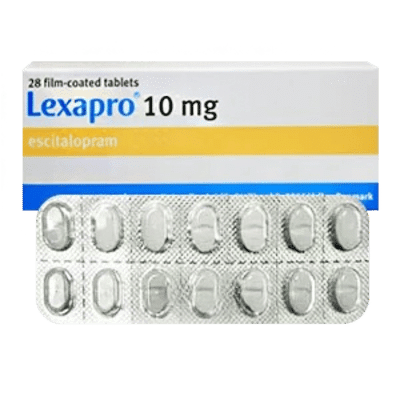I use Ashwagandha in powder form, adding it to my morning smoothie. I really like how it helps me cope with stress and maintain energy throughout the day. True, the taste is a bit specific, but over time you get used to it.

Ashwagandha
- Quality products
- Support 24/7
- Fast delivery
What is it?
Ashwagandha, also known as Indian ginseng or Withania somnifera, is an herbal plant traditionally used in Ayurvedic medicine. Its root and leaves have medicinal properties that are used to increase energy levels, strengthen the immune system, and combat stress. Translated from Sanskrit, the name Ashwagandha means horse smell, which is due to its characteristic aroma and ability to give strength and endurance.
For centuries, this plant has been considered an adaptogen – a substance that helps the body adapt to stress and maintain balance in difficult conditions. Ashwagandha is used in various forms: capsules, powders, tinctures, and even in cosmetics. Today, it is attracting the attention of scientists around the world due to its proven effects, especially in the field of improving cognitive function and reducing cortisol levels.
Composition
Ashwagandha is rich in biologically active compounds that provide its medicinal properties. It contains substances known as withanolides, which have anti-inflammatory and antioxidant effects. The plant also contains alkaloids and phytosterols, which help maintain the health of the body.
Other key components of Ashwagandha:
- Vitanolides are the main active substance with an adaptogenic and anti-inflammatory effect.
- Flavonoids are powerful antioxidants that protect cells from damage.
- Amino acids - strengthen the nervous system and maintain the bodys energy.
- Tannins and saponins - have a general strengthening effect.
- Microelements (iron, calcium) - help improve muscle and bone tissue.
This rich composition makes Ashwagandha a universal remedy that supports the body at various levels, from the nervous system to the immune system.
How to use?
Ashwagandha is available in several forms: capsules, powder, tincture, and even tea. The best way to use it depends on individual preferences and the purpose of use. It is usually taken daily, but the exact dosage depends on the form of the drug and the manufacturers recommendations.
Directions for use:
- Capsules or tablets: Take 1-2 capsules per day, preferably after meals, with plenty of water.
- Powder: Stir 1/2-1 teaspoon of powder into warm milk, tea, or juice. You can add a little honey for better taste.
- Tincture: Dissolve 15-30 drops in a small amount of water, consume 1-2 times per day.
It is recommended to take Ashwagandha in the morning for an energy boost or before bed for better sleep, depending on individual needs. Before starting treatment, it is advisable to consult a doctor, especially if you are taking other medications or have chronic diseases.
How does it work?
Ashwagandha acts as an adaptogen, helping the body cope with physical and emotional stress. Its active components, withanolides, regulate the level of cortisol, the stress hormone, reducing its concentration in the blood. This leads to an improvement in mood, a decrease in anxiety and an increase in overall energy levels.
In addition, Ashwagandha supports the functions of the nervous system, stimulating cognitive processes such as memory, concentration and reaction speed. Its antioxidant properties protect the bodys cells from damage caused by free radicals, which is especially important for strengthening the immune system and slowing down the aging process.
The effect of taking includes:
- Reducing stress and anxiety.
- Improving sleep quality.
- Maintaining hormonal balance.
- Increasing physical endurance and strength.
- Stimulating the immune system.
This comprehensive approach makes Ashwagandha useful both for daily health maintenance and for the prevention of various diseases.
Indications
Ashwagandha is widely used to maintain health and prevent various conditions due to its adaptogenic and strengthening properties. This plant is suitable for people who are faced with chronic stress, fatigue or decreased immunity. Its use is useful both for improving general well-being and for addressing more specific problems.
Indications for use:
- Stress and anxiety.
- Insomnia or poor sleep quality.
- Chronic fatigue and loss of strength.
- Weakened immunity or frequent illnesses.
- Decreased cognitive function, such as memory and concentration impairment.
- Hormonal imbalance, including during menopause.
- Recovery from physical exertion or illness.
This natural adaptogen is recommended for people seeking to improve their overall quality of life, maintain the health of the nervous system, and increase physical endurance.
Contraindications
Despite its naturalness and safety, Ashwagandha has certain limitations in use. It is important to consider health characteristics and possible interactions with other drugs. Like any herbal remedy, it requires caution in some cases to avoid unwanted effects.
Contraindications:
- Individual intolerance to the components of the drug.
- Pregnancy and breastfeeding (without consulting a doctor).
- Thyroid diseases (hyperthyroidism or taking hormonal drugs).
- Autoimmune diseases (for example, rheumatoid arthritis or lupus).
- Take sedatives or antidepressants.
- Peptic ulcers of the stomach or intestines in the acute stage.
- Age under 12 years (without a doctors prescription).
Before starting to use Ashwagandha, you must consult a doctor, especially if you have chronic diseases or are taking medications. Following these recommendations will help to avoid adverse reactions and ensure maximum benefit from use.
Side effects
Ashwagandha is generally well tolerated by most people, but in some cases, side effects are possible. Their occurrence is usually associated with exceeding the recommended dosage or individual sensitivity to the components of the plant. It is important to monitor the bodys reaction and, if necessary, adjust the dose or stop taking it.
Possible side effects:
- Allergic reactions, including skin itching or rash.
- Gastrointestinal disorders, such as nausea, diarrhea, or abdominal discomfort.
- Excessive drowsiness, especially when taken simultaneously with sedatives.
- Dizziness or slight feeling of fatigue.
- Changes in thyroid hormone levels (rare).
To reduce the likelihood of side effects, it is recommended to start taking the minimum dose and strictly follow the manufacturers instructions. If unpleasant symptoms occur, it is worth consulting a doctor.
Frequently asked questions
Ashwagandha Reviews and Experiences
I tried Ashwagandha capsules to reduce anxiety. At first I was skeptical, but after a month I noticed that I began to react more calmly to stress. There were no side effects, which is a big plus for me.
I started taking Ashwagandha on the advice of a friend to help with my constant feeling of fatigue. After just a couple of weeks, I noticed that it became easier to concentrate on work and my sleep improved. I was pleasantly surprised that the effect was so quick.









